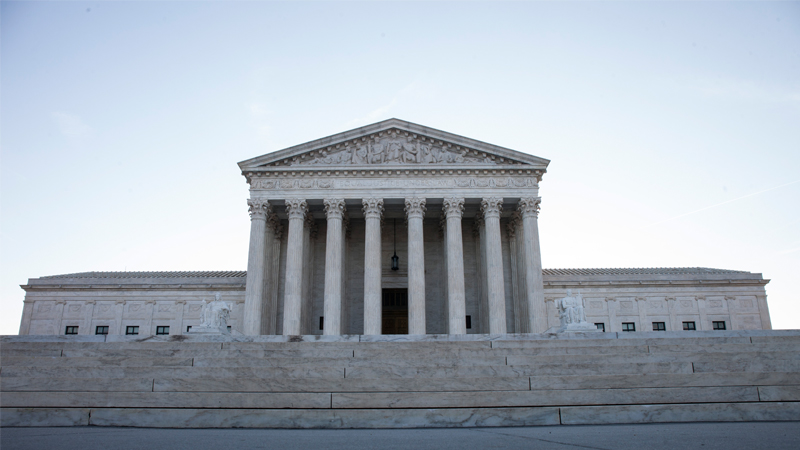Several members of the court’s conservative majority said they didn’t interpret the Constitution’s Second Amendment as covering the gun rights of dangerous/non-law abiding people.
The Supreme Court spent much of Tuesday morning listening to the oral arguments from the Biden administration’s appeal of a lower court’s ruling striking down the law barring individuals with domestic violence protective orders from owning firearms. The Justices appeared unwilling to overturn the federal ban on firearm possession for people involved in domestic violence disputes.
In the first major gun case since last year’s New York State Rifle and Pistol Association Inc. v. Bruen, which fundamentally changed how courts view gun control laws, the justices suggested they would reverse a ruling from the New Orleans-based 5th US Circuit Court of Appeals that struck down a 1994 ban on firearms for people under restraining orders.
Justices, conservative and liberal, appeared to be persuaded by the oral arguments of the Biden administration’s top Supreme Court lawyer to keep the longstanding practice of disarming dangerous people.
Several members of the court’s conservative majority said they didn’t interpret the Constitution’s Second Amendment as covering the gun rights of dangerous/non-law abiding people.
We previewed last Friday the Biden Department of Justice fast-tracked the case United States v. Rahimi to the Supreme Court in an attempt to nullify or limit the reach of the landmark NYSRPA v. Bruen decision from 2022.
“You don’t have any doubt that your client is a dangerous person, do you?” Chief Justice John Roberts asked the lawyer for Zackey Rahimi, a Texas resident and drug dealer convicted of violating a domestic violence restraining order by possessing a firearm. The man is challenging the 1994 law after a judge imposed a restraining order to protect a former girlfriend he was accused of attacking.
Biden’s top lawyer, Solicitor General Elizabeth Prelogar, told justices that the 1994 law is critical to the nation’s tradition of disarming dangerous people.
“Throughout our nation’s history, legislatures have disarmed those who have committed serious criminal conduct or whose access to guns poses a danger. For example, loyalists, rebels, minors, individuals with mental illness, felons and drug addicts,” Prelogar said.
This is the High Court’s first test after the year-old NYSRPA v. Bruen ruling strengthened Second Amendment protections and established the constitutional right to carry across the US.
However, the implications of the ruling could go well beyond the realm of domestic abuse. It has the potential to result in a re-interpretation of NYSRPA v. Bruen.


